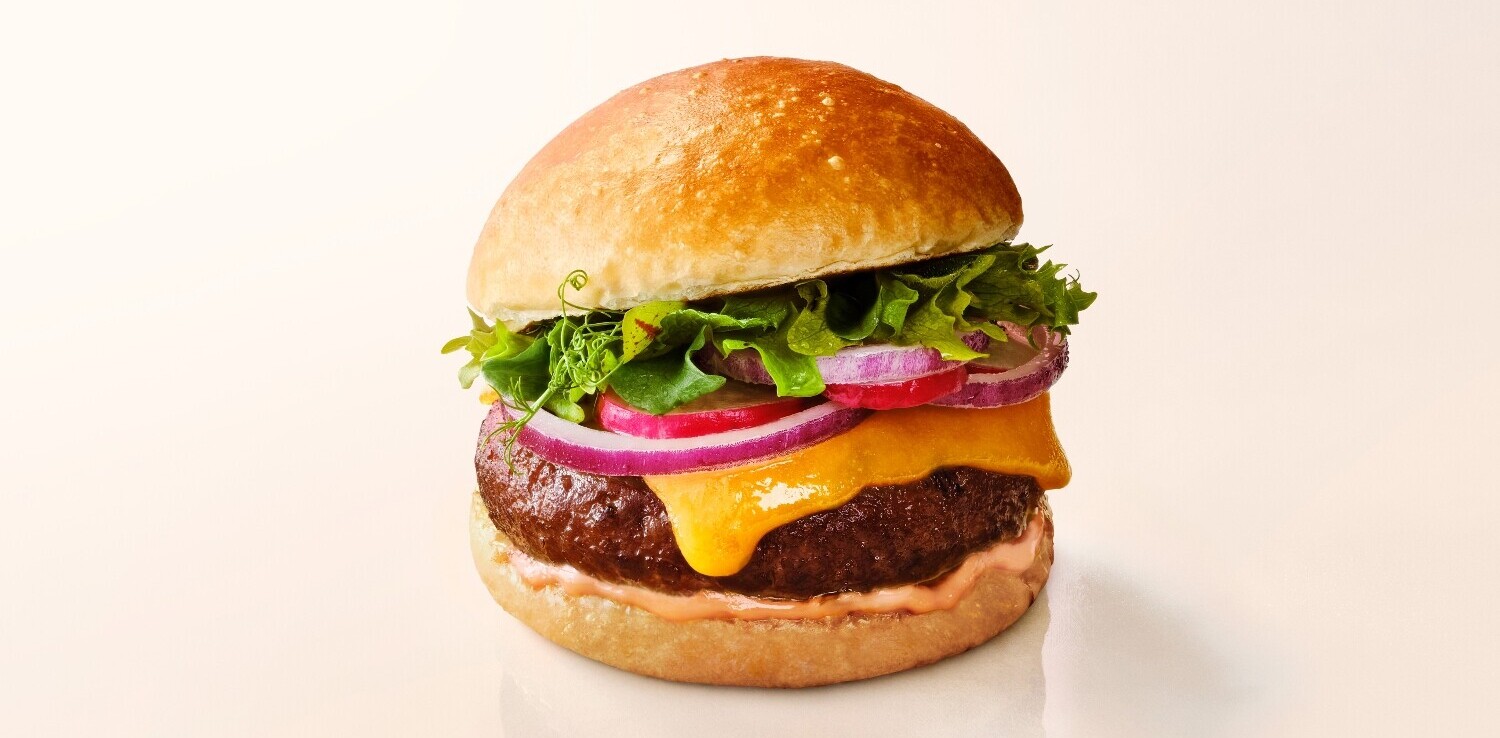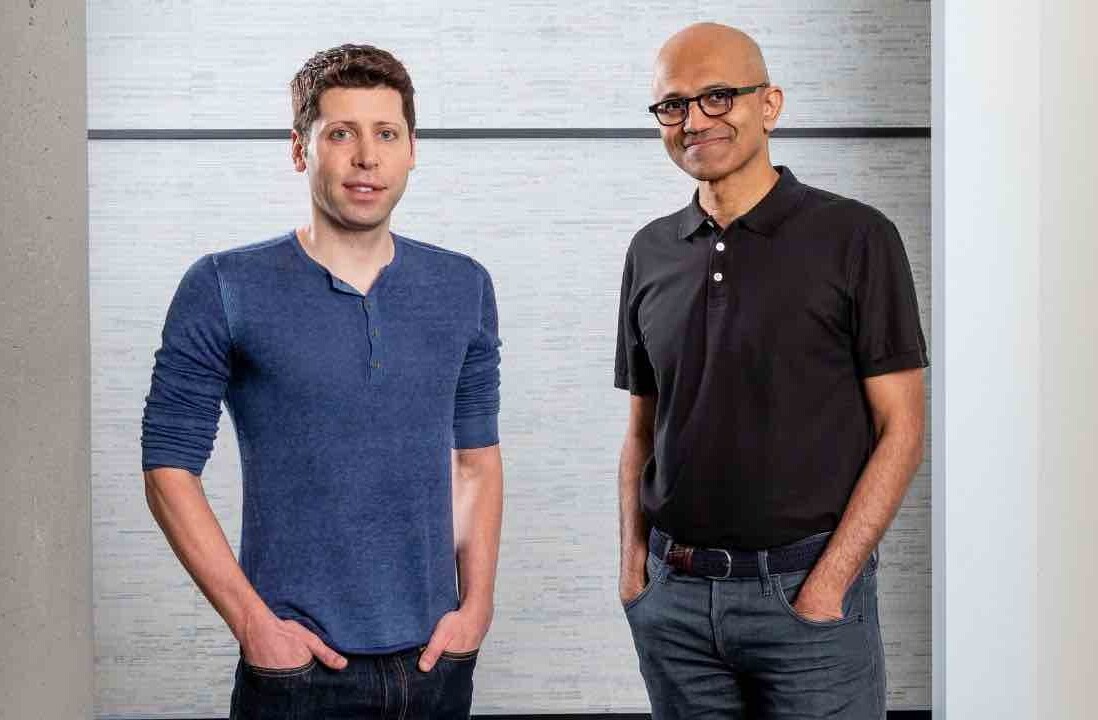
As you might have noticed I’m writing a lot about search these days. In another post, I gave an explanation for that: people want to find similar people. Yet after a few days of reading about search and talking to search experts, I think I can broaden the reason somewhat: People are looking for two sorts of experts.
First of all, those with similar interest can be considered experts, since they know a little what you’re like and therefore can help you find the right stuff on the web. So that’s why a search engine like andUnite – that matches search terms – makes sense.
 Second, we want professionals to scan whether the information we find is correct or not. Andrew Keen already warned us in his book ‘The Cult of the Amateur‘ for the damaging effects of false information – caused by the wisdom of crowds – can have. And let’s face it: the web is still really cluttered. Try finding a decent hotel with Google, I wish you all the best.
Second, we want professionals to scan whether the information we find is correct or not. Andrew Keen already warned us in his book ‘The Cult of the Amateur‘ for the damaging effects of false information – caused by the wisdom of crowds – can have. And let’s face it: the web is still really cluttered. Try finding a decent hotel with Google, I wish you all the best.
Newsweek published an excellent article about this last point this week. Jason Calacanis, founder of the human-powered search engine Mahalo – that will make finding that hotel easier with a Top 7 list – told Newsweek: “The wisdom of the crowds has peaked. Web 3.0 is taking what we’ve built in Web 2.0—the wisdom of the crowds—and putting an editorial layer on it of truly talented, compensated people to make the product more trusted and refined.”
So no wonder that many new start-ups focus on this new trend. One is Topicle, a search community with a pool of small search engines. When I asked Topicle founder and ex-Googler Steffen Mueller whether experts become more important on the web, he replied: “I do think experts are getting more important on the Web. Why? When I started using the Internet in 1993, I didn’t know anyone in my hometown who had an email address. The Web consisted of static pages with hardly any images. Today, browsers can interact with servers in an unprecedented way – and now over one billion users are online. Experts can leverage this infrastructure to share their knowledge instantly, with anyone. And in many cases they will be better at what they’re doing than algorithms are, especially when experts team up.”
So the idea behind Topicle is that it combines human intelligence with an algorithm to generate more precise search results. Mueller: “I realized that only using human power will obviously not be enough to sort through billions of URLs, so I thought combining human intelligence with scalable algorithms is an interesting option, and a one topic is covered much more quickly than “anything you can think of”.
So far, Topicle’s pool of small search engines contain good and bad ones – Mueller told me: “Some of these engines will be useless, others I saw yesterday – just after we launched – are excellent. The system will push the great ones and drop the bad ones. So the beauty of Topicle is that even with a few URLs you can build a very useful search engine. I really like Jimmy’s idea of Wikia in general, but he may have to wait years until he has *one* competitive search engine – not sure if he ever will, as Google and others won’t be sleeping either.
Ah there he is again: Jimmy Wales. He was the first guy to tell me about social search. He believes quality search to be a commodity. Does Mueller agree on that? “I believe there is still a lot of potential in a) understanding what the user is really looking for, b) serving the most relevant information and c) letting users know what sources they can trust. Look at what Google has built over the last years – they have integrated many of their products, so maps and product or book results are mixed with what used to be only links to HTML pages, among many other visual and quality improvements. Other large search engines haven’t been able to create the same level of user experience, in my opinion.”
So as long as quality search isn’t a commodity, chances are high that new social search engines keep popping up. So don’t expect this to be the last post about a new way of searching.
Get the TNW newsletter
Get the most important tech news in your inbox each week.





